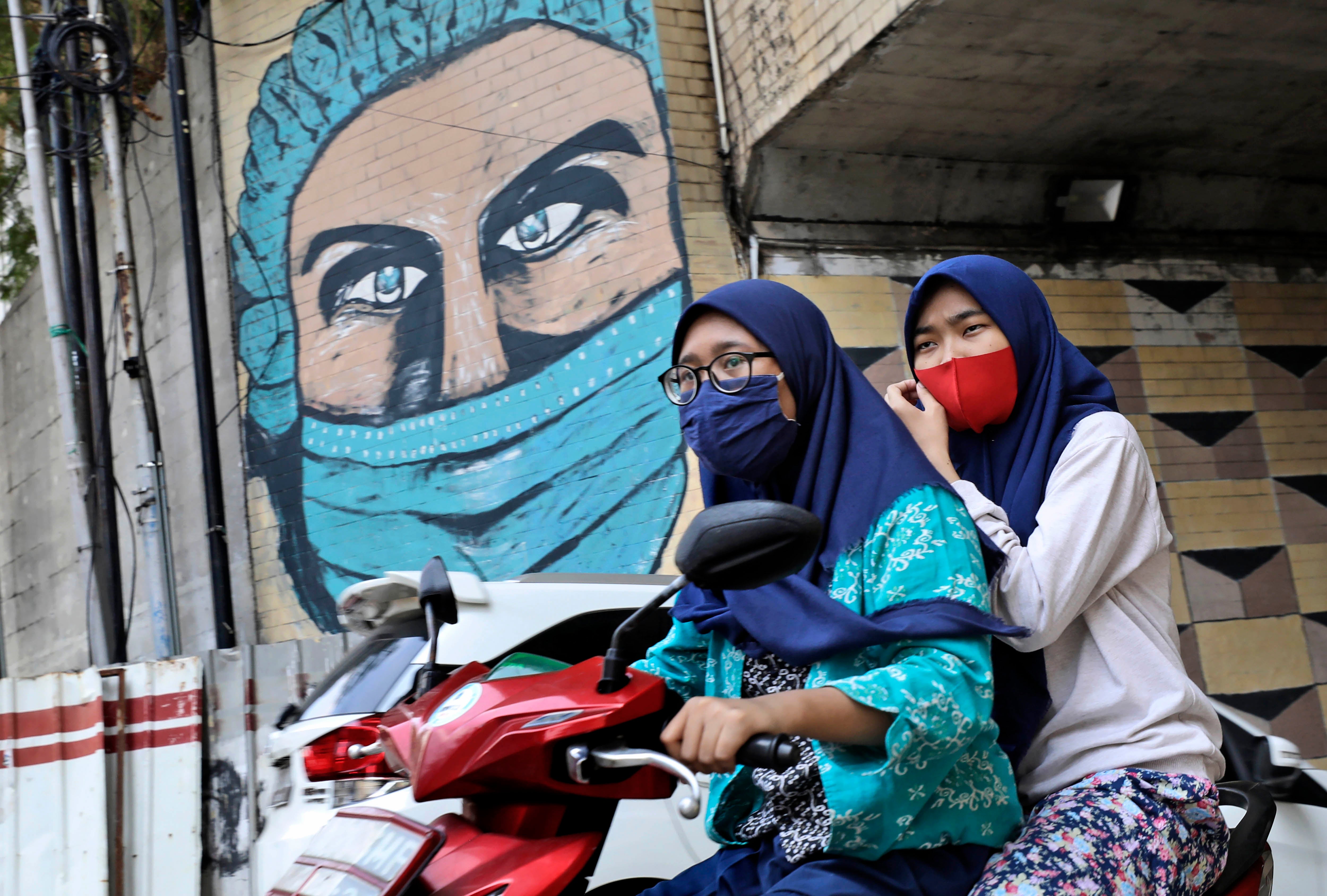The Internet, Islamism and Repressive Regulations Pressure Indonesian Media
(New York) - Agus Sudibyo, a member of Indonesia’s Press Council, is worried about the state of journalism in Indonesia.

He just published a book, Tarung Digital: Propaganda Komputasional di Berbagai Negara (“Digital Battle: Computational Propaganda in Many Countries”), about the pressures that internet giants such as Google and Facebook have put on Indonesian media by sucking up more than 50 percent of media revenue. In Jakarta, the digital disruption has led to frantic efforts by local media to find new sources of revenue. “Some companies have introduced so-called content creators.
Their task is more or less observing and writing what is viral in cyberspace in a bid to increase and maintain traffic. It’s sensationalized. What kind of journalism is this?” Sudibyo told me. Journalism related to decline of democracy These kind of content creators are filling the media and social media with disinformation. Professional journalism should be a source of accurate information and work as a corrective, but it is no longer funded well enough to do this. This is frightening, as many experts have noted that the decline of quality journalism is related to the decline of democracy. One result has been to allow many people who call themselves journalists to use their platforms to present their own views as news. Bias that rejects accurate reporting is increasingly becoming a big problem in Indonesian newsrooms. Growth of Islamism – and its perils Among the most dangerous trends in Indonesia is the rise of Islamism, a political ideology that seeks the formalization of the Islamic sharia. Religious minorities, including Christians, Hindus, Buddhists, Ahmadiyah, and Shia Muslims, as well as native faith believers, face increasing levels of discrimination, intimidation, and violence – fueled by hate speech and disinformation masquerading as “news.” This has provided impetus in recent years to close thousands of churches since the Indonesian government introduced the so-called “religious harmony regulation” in 2006, which effectively gives the majority veto power over religious minorities. Women and LGBTIQ people also face increasing discrimination, in part because of distorted media. Provincial and local governments have introduced regulations that require girls and women to wear the jilbab, leading to bullying and psychological distress. Girls who don’t comply have been forced to leave school or have withdrawn under pressure, while female civil servants have lost their jobs or resigned to escape constant demands to conform. Media outlets fail the test Journalists are now often confronted by sensitive subjects, such as homophobia and misogyny, that test the notion of professional journalism. And many media outlets have failed the test. “Unbalanced reporting, which is common in Indonesia, has the potential to kill LGBTIQ individuals,” said Kanza Vinaa of the Swara transgender group. Yendra Budiana, the spokesperson for the Ahmadiyah community in Indonesia, said: “Religious minorities always struggle from the first second news coverage on their religion or beliefs begins, facing media framing that plays on emotions, escalates tensions and is always unfair towards the victims.” All of this takes place within a legal framework that includes colonial-era criminal defamation provisions and repressive homegrown laws and regulations, including regarding the internet. David vs. Goliath To address the deprofessionalization of the media in recent years, journalist associations are asking the Indonesian parliament to pass a draft bill that could compel tech giants to negotiate with Indonesian media to provide a fairer share of revenues, a move inspired by a groundbreaking new Australian law. Smaller organizations are also working to train Indonesian journalists, especially in conservative provinces, to be professional reporters. Free speech advocates have long campaigned to get rid of the country’s oppressive and speech-chilling criminal defamation laws. All of these efforts, and more, are necessary to preserve the gains made since the Suharto dictatorship. It is a fight for the soul of Indonesian journalism —and the future of democracy and human rights in Indonesia.
Read the full article at the original website
References:
